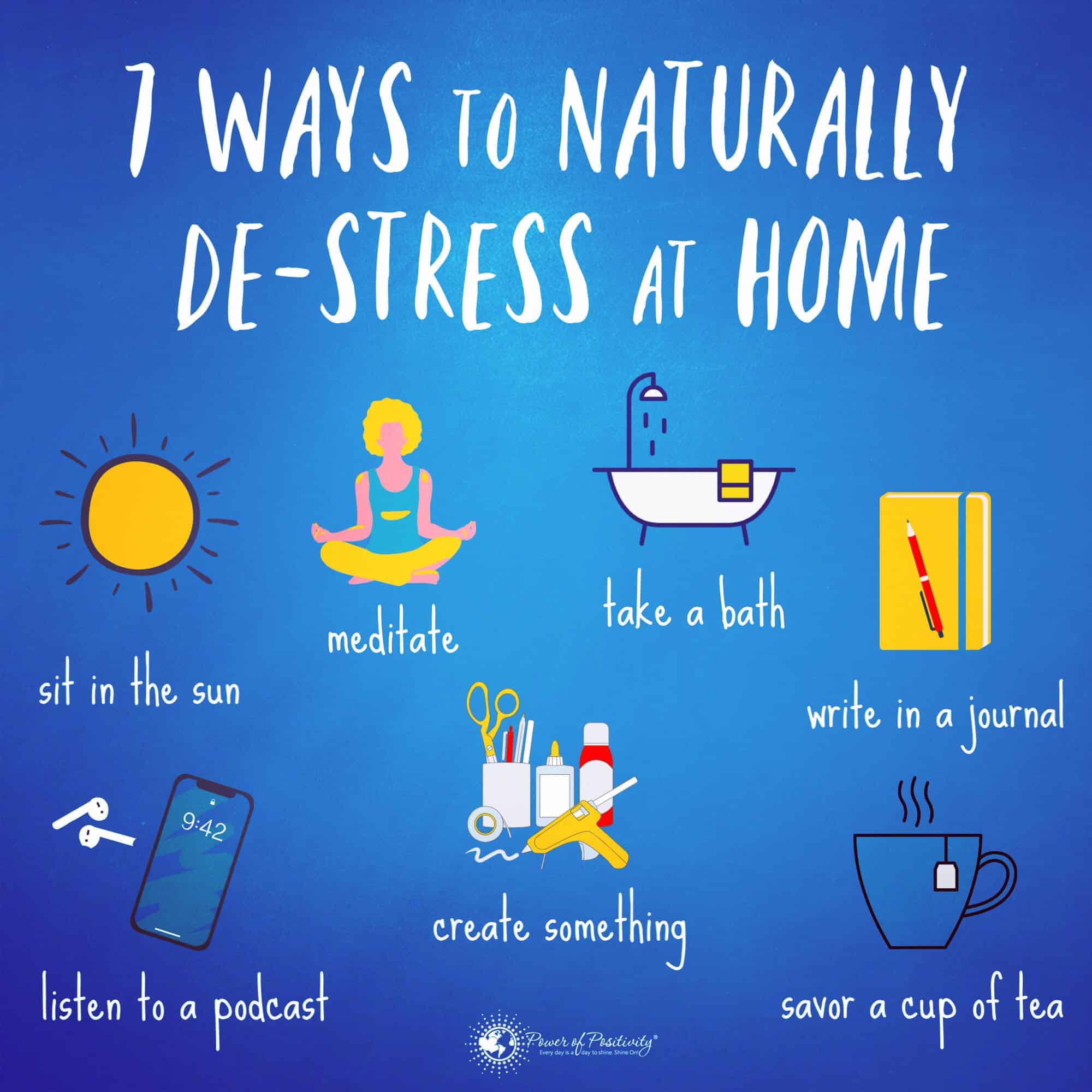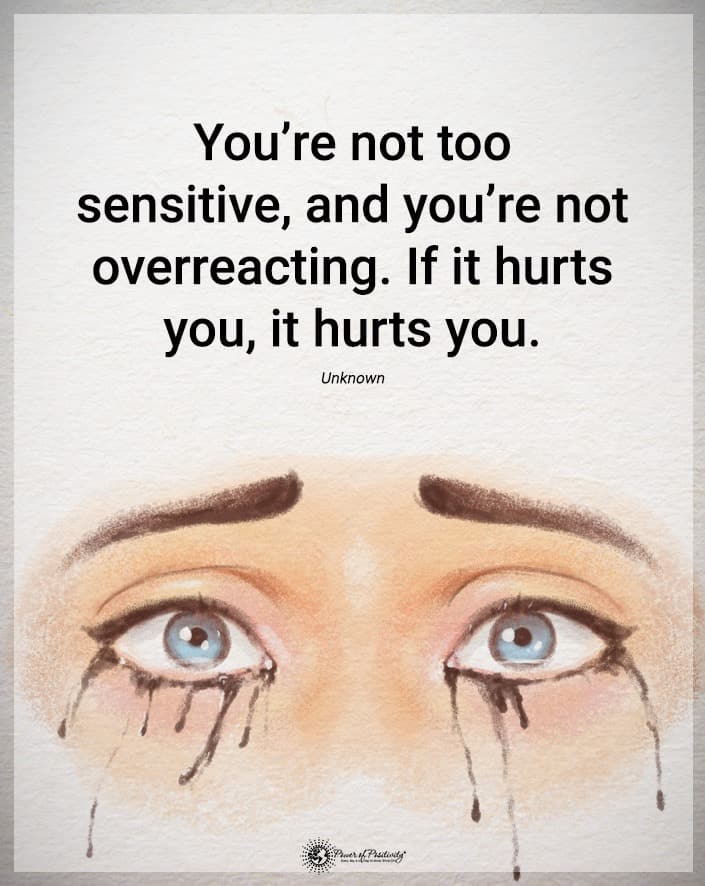Crying is a way to express your emotions, whether frustration, grief, sadness, or happiness. It is a natural human experience, and everyone needs to cry every so often. While many people think it is a sign of weakness, there are actually many benefits of crying.
Not all tears are the same, though, and emotional tears offer the most emotional and physical benefits discussed here. Basal tears keep the eyes moist when you blink, and reflex tears occur when triggered by irritants. Emotional tears occur as a response to feelings, and they contain higher levels of hormones and offer many benefits.
Research shows that crying benefits the mind and body, and people cry more often than they let on. Babies benefit from their first cry, and the benefits of crying continue for the rest of your life. While children cry more than adults, women cry 3.5 times each month, and men cry 1.9 times.
Thirteen Mental and Physical Benefits of Crying
Many people apologize for crying, but it allows you to express your emotions and isn’t something you should be embarrassed about. The next time you judge yourself for crying or find yourself telling someone else not to, remember the many benefits of crying.
 1. Crying Helps Detoxify the Body
1. Crying Helps Detoxify the Body
Research shows that crying flushes toxins and built-up chemicals out of your body. As it detoxes and cleanses your body, the tears also clean out debris, making your eyes feel better and protecting them.
2. Crying Helps Self-soothe
Shedding tears offer soothing effects for your mind, heart, and body. Studies show that crying helps you self-soothe and allows you to find peace afterward. Letting go of your built-up emotions will calm you down and give you a general sense of well-being.
Crying activates your parasympathetic nervous system (PNS), helping your body rest and brain process. When you cry, give it at least a few minutes before you begin looking for the soothing effects. Self-soothing allows you to do the following:
- regulate your emotions
- calm yourself
- reduce your distress
3. Crying Helps Relieve Pain
When you cry, your body releases the hormones oxytocin and endorphins. Crying when you’re in pain or hurting emotionally will help the pain subside. Even if the pain doesn’t go away entirely, your tears will help lessen the severity.
With the release of endorphins, your body will go into a seemingly numb stage for a little while. The oxytocin will make you feel calm and improve your overall sense of well-being.
4. Crying Helps Improve Your Mood
Many people think that crying will make them feel worse, but that isn’t the case. Studies show that when people cry, they experience a boost to their mood. Plus, crying slows your breathing and heart rate, further boosting your mood and making you feel at peace.
The harder you cry, the more your mood will improve. If you sob, you will breathe in many quick breaths of cool air, regulating your brain temperature. When your brain cools, it gives you more pleasure than when it is warm.
5. Crying Lets People Know You Need Support
When you cry around other people, it lets them know that you need support. Even when you were a baby, crying has let others know that you need comfort and care from others. Many people don’t realize it, but this continues throughout your entire life.
When you’re sad, you might want to isolate yourself and keep your feelings to yourself. Isolating yourself is the worst thing you can do, though, and it doesn’t allow you to get comfort that can help.
Crying helps you build your social network, which is something you need when times get hard. It is known as an interpersonal or social benefit of crying, and it offers mental benefits.
6. Crying Helps You Recover from Grief
The grieving process takes time, and it also requires that you let your feelings out. You’ll experience sorrow, numbness, guilt, and anger. As you work through these feelings, crying is an essential part of the process.
When you lose a loved one, crying is necessary to help you process and accept it. While the grieving process is different for everyone, crying seems to help no matter the situation. You might cry through each stage, but others struggle to let the tears flow.
Pretending that everything is okay won’t help, so let it loose and work through your grief. Crying is the best way to release something that you can’t control, and it encourages healing.
 7. Crying Helps Restore Emotional Balance
7. Crying Helps Restore Emotional Balance
You don’t only cry when something makes you sad, as you also cry when you’re happy, scared, or stressed. Research shows that crying can help you restore your emotional equilibrium. When you’re experiencing intense emotion and cry, it helps with recovering from the intensity.
Typically, crying is associated with negativity but can also result from a positive experience. Complex emotions can develop from many different situations. No matter what emotion you feel, letting the tears fall will help you find emotional balance again.
8. Crying Helps you Breathe
You might notice that people tend to take many deep breaths as they try to ease their sobbing. These breaths are the result of the diaphragm contracting and moving downward, which expands your lungs. This expansion creates a vacuum that allows you to take in more air.
When the diaphragm relaxes, your lungs contract and push the air out, resulting in belly breathing. As this process happens, it ensures that enough oxygen spreads throughout the entire body.
If your breathing tends to be shallow when you cry, though, it’s referred to as chest breathing. With chest breathing, you only use the upper part of your lungs, hindering oxygen circulation. When this is a problem, focus on taking deeper breaths in between sobs to help your body regain its breathing rhythm.
9. Crying Helps You Sleep
When you cry, it helps you relax and brings a sense of peace. Even when you’re still upset, it’ll give you enough relaxation to fall asleep. If your emotions are pent-up and negative thoughts keep you awake at night, try letting the tears flow.
Studies show that crying helps babies sleep better, and it offers the same benefits to adults. It gives calming, mood-enhancing, and pain-relieving effects. All of these effects can help you fall asleep easier and get some rest to help you recover.
10. Crying Improves Your Vision
This benefit involves basal tears, which are released whenever you blink. These tears help keep the eyes moist, preventing mucous membranes from drying out. Experts explain that this effect can help you see clearly because your vision can blur when your membranes dry out.
Your eyes require hydration just like the rest of your body, and basal tears offer a solution. Not only does it improve your vision, but it improves your ability to focus, too.
Plus, your tears remove particles, dust, dirt, and other debris from your eyes. Even when you can’t see these particles, they can irritate and harm your eyes and vision.
11. Crying Relieves Stress
When you cry, it helps relieve your pent-up stress and tension. While your situation might not have changed, you will notice much less stress after you let yourself cry. Scientists are still working to figure out the exact reason why crying relieves stress, but the evidence is clear that it does.
Emotional tears have a higher hormone level, explaining the intense sense of relief people experience. Tears also contain other chemicals that can increase your stress levels, so letting them out through tears helps. Additionally, emotional tears contain manganese, helping with mood regulation.
12. Crying Helps Fight Bacteria and Infection
Crying can help kill bacteria and infection as tears contain antimicrobial properties. One of the properties is lysozyme, a fluid that reduces the risks caused by bioterror agents. Plus, dry eyes can cause an inability to fight infection, so keeping them lubricated with tears is essential.
13. Crying Helps Clean the Nose, Too
Your tear ducts connect to the inside of your nose through your lacrimal glands and tear ducts. When you cry, your tears mix with mucus and flush bacteria and irritants from your nose. It also lubricates your nose, preventing and reducing bacteria.
The nose cleansing begins before tears ever run down your face. Plus, when you try to hold back tears, more of them come through your nose. Tears mixing with mucus is the reason you have to blow your nose so much when you cry.
When Does Crying Become Unhealthy?
If you frequently experience unexplained crying, it could be a sign of an illness. Some neurological problems due to injury or illness can affect the part of your brain that controls emotions.
Sometimes these neurological conditions are called emotional incontinence because of your lack of control over emotions. During these instances, your feelings often won’t match up with your feelings.
Another time crying becomes unhealthy is when excessive crying interferes with your daily activities. When this happens, it could be a sign of depression.
 Final Thoughts on Benefits of Crying (Mentally and Physically)
Final Thoughts on Benefits of Crying (Mentally and Physically)
Crying is a natural human experience, and it allows you to express yourself and feel better. The many benefits of crying can help you feel better about shedding tears when experiencing intense emotion.
Let yourself feel and express the emotions that you are experiencing. Releasing the feelings and finding a sense of calm will help, and it’ll help you make sense of what you are feeling.


















